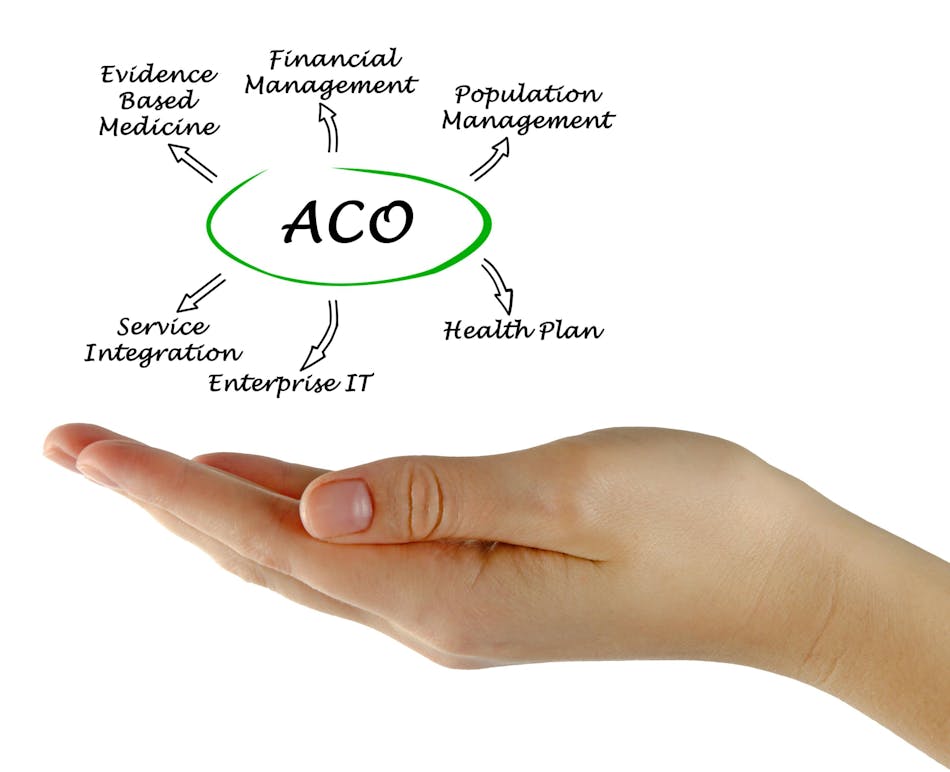

A new report says that capturing participant experiences in both the Bundled Payments for Care Improvement (BPCI) Advanced Model and ACO models can help inform how bundled payments might be incorporated into ACOs in the future.
In Model Year 4, the BPCI Advanced Model, which began in 2018 and is scheduled to conclude in 2025, resulted in Medicare program savings for the first time since the model began in 2018, according to a May 2024 report prepared by the Lewin Group Inc. with partners Abt Associates,
GDIT, and Telligen.
Savings were achieved not only for surgical episodes but for medical episodes as well. The report explains that these savings resulted from significant changes to the model in Model Year 4, including a shift from allowing participants to select individual clinical episodes to requiring them to choose broader clinical episode service line groups (CESLGs). There were also changes to the target price methodology, including a retrospective trend adjustment. CMS made these changes after the BPCI Advanced Model resulted in net losses to Medicare in Model Years 1 through 3, which raised concerns that target prices may have been set too high, particularly for medical episodes.